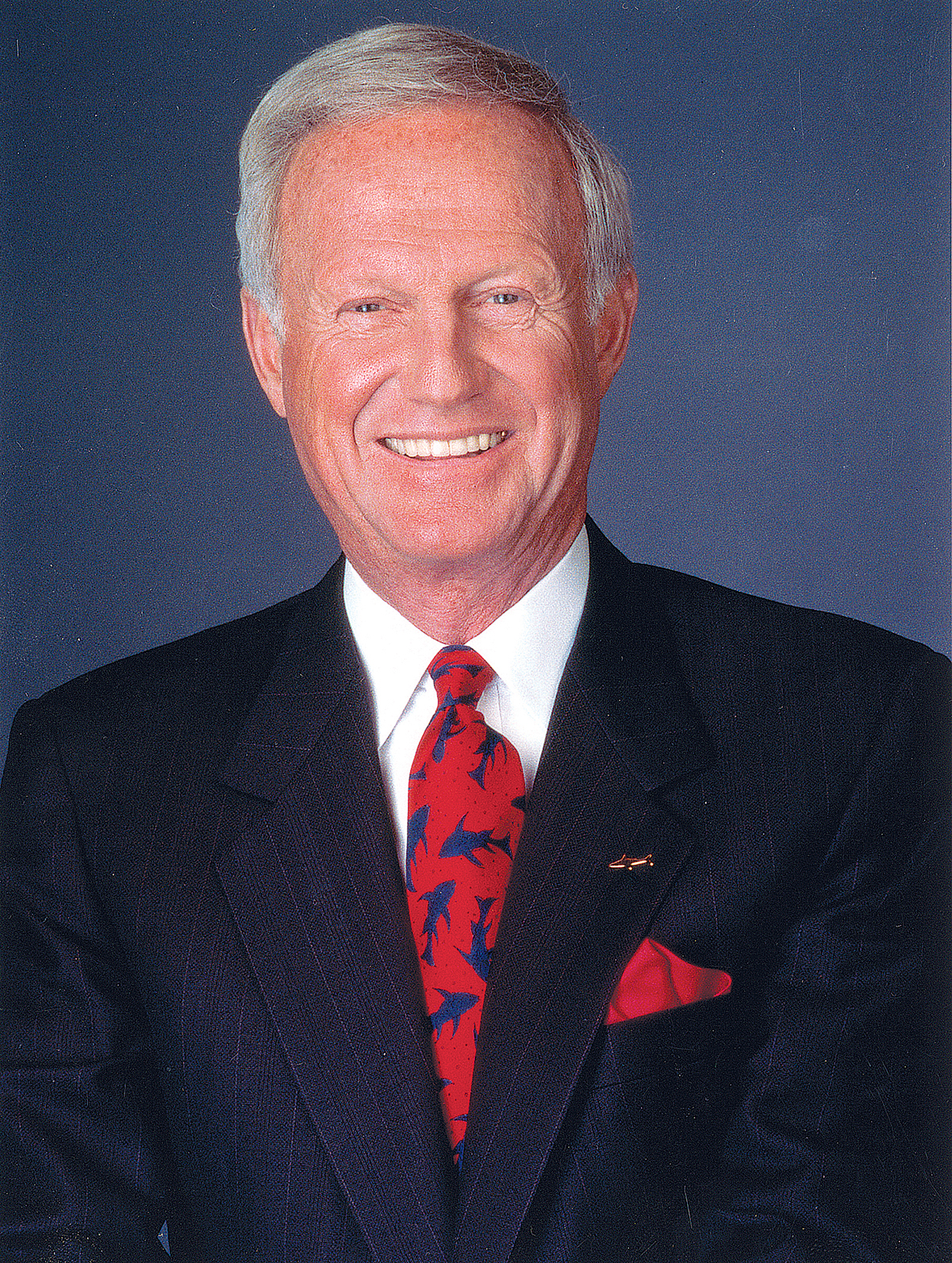I just received an e-mail from someone who loves my column, but feels as though I’ve been writing lately about more upscale things – travel, hotels, high-end shops, and people who earn a lot of money.
The e-mail stated that these examples are not realistic or germane to her sales, her business, or her life.
Not so. These examples of sales and service are no different than a server at McDonald’s, a front desk clerk at a Holiday Inn, a flea market seller, a salesperson at some random kiosk in a mall, or any business-to-business salesperson earning $38,500 a year, and struggling.
The only difference is the amount of money involved, and maybe the level of sophistication needed.
Sales is sales. It’s not who you’re calling on, or what you’re selling. It’s how you present yourself. If you sell used cars, computers, perfume at a department store, or million dollar yachts – there’s very little difference in anything other than your earnings.
Whatever the level of your sale, it’s likely that you’re at your sales comfort level. Maybe slightly above, maybe slightly below. But not out of your comfort zone. Your comfort is a place where you believe you can make sales, and make a living.
Or maybe you’re content to make a little less money, because you love what you do. Maybe you sell tickets for a sports team because you love sports, or maybe you sell musical instruments because you’re a musician, or you work in a bookstore because you love to read.
Your ability to excel and be happy in any of these jobs – including your job right now – has very little to do with the economy, very little to do with your product, and even less to do with price.
• The sale hinges on you and your communication ability.
• The sale hinges on your belief in what you’re selling.
• The sale hinges on your attitude about yourself.
• The sale hinges on the way someone else perceives you.
• The sale hinges on your believability.
• The sale hinges on your friendliness.
• The sale hinges on the customer’s perceived value.
• And in rare cases, the sale also hinges on the price.
And all companies, sellers, and servers have one major objective in common: Ring their register.
All levels of selling have common requirements of salespeople:
They all have to make friends with their customer.
They all have to demonstrate value.
They all must be perceived as sincere.
They all have to engage in a friendly manner.
And in order to earn money, there has to be a willingness on the customer’s part to buy.
There’s one other common characteristic. Wherever you are on the sales food chain, you want to grow. You seek to get to what is euphemistically referred to as ‘the next level.’
However much you’re earning, you want to earn more. The person earning 40 wants to get to 50. The person earning 100 wants to get to 200. That’s not some sales law; it’s a law of human nature. The less you have, the more you want. The more you have, the more you want.
It’s not actually getting to THE next level. It’s getting to YOUR next level. That’s the real world AND your real world.
Many people don’t see the next level, because they’re focused on what they don’t have, rather than what they could have. And they’re focused on gaining materially, rather than improving personally. MAJOR CLUE: Achievement precedes acquiring.
Get better. Achieve more. Earn better. Have more things. That’s the pecking order.
The reason the person who wrote me this e-mail was not because I was being unrealistic. It was because she was not able to see herself in these situations. Her belief system could not say, “COOL! That will be me in a few years.” Rather, she is resigned to her present space, without any vision of what “could be.” And not willing to make a game plan to get there.
Where are you now?
What do you believe you can become?
Do you believe you can get there?
Are you willing to do the work it takes to get there?
I can help you have a better vision, but in the end, you make your own reality.
If you’d like to read a bit more about personal belief and improvement, go to www.gitomer.com, register if you’re a first-time visitor, and enter the word BELIEF in the GitBit box. •
Jeffrey Gitomer is the author of The Little Red Book of Selling. President of Charlotte-based Buy Gitomer, he gives seminars, runs annual sales meetings, and conducts Internet training programs on selling and customer service at www.trainone.com. He can be reached
at (704) 333-1112 or e-mail to
salesman@gitomer.com
No posts to display
Sign in
Welcome! Log into your account
Forgot your password? Get help
Privacy Policy
Password recovery
Recover your password
A password will be e-mailed to you.












